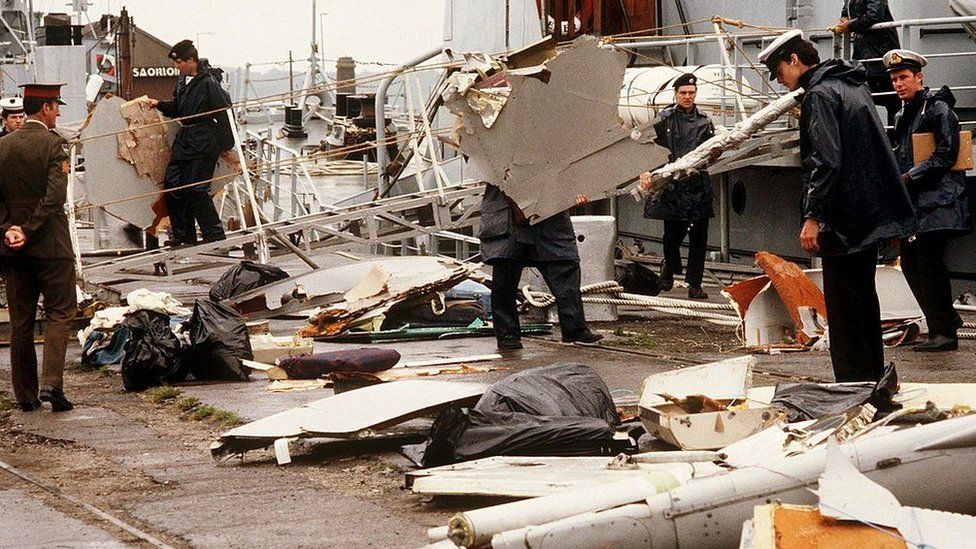Ariella Kimmel and Mandi Johnson were grabbing a bite to eat in Vienna, when their August trip to the Austrian capital was upended.
The Canadian duo had travelled to the city to see Taylor Swift in concert only to learn her shows would be cancelled because of two men plotting to launch an attack on fans outside the venue, Ernst Happel Stadium.
While Kimmel and Johnson were disappointed they weren’t going to be able to see Swift perform, they made the most of the remainder of their trip. However, the experience serves as a buyer’s beware for Canadians considering jet setting to see their favourite artists or teams.
“If you’re travelling to these concerts, it’s really hard to protect yourself,” said Kimmel, a Toronto-based vice-president at a public affairs firm who had previously travelled with Johnson to see Swift in Las Vegas, Nashville and Stockholm.
Such trips can make lifelong memories when they go off without a hitch, but cancellations and rescheduled events are common because of artist illnesses, poor ticket sales, security threats, unruly weather and natural disasters.
In the last year alone, Jennifer Lopez and the Black Keys scuttled touring plans after tickets had been sold, while Bruce Springsteen, Usher and Pink had to tell fans they couldn’t take the stage mere hoursbefore show time.
Between airfares, hotels, travel expenses and tickets, last-minute cancellations can leave globe-trotting eventgoers out hundreds, if not thousands, of dollars.
“Regrettably, unpredictability has always been a reality of the industry but it’s increasingly common that there might be things that are going to interrupt your plans, especially plans that you’re really excited about,” said Jenny Kost, the Calgary-based global director of strategic sales initiatives at Corporate Traveller Canada.
“It’s a tricky one because the airline or hotel understands the reason behind your travel but its likelihood of happening or not happening is a little bit outside of their purview.”
Because Swift is known to power through shows even when sick, Kimmel never imagined a concert she was headed to would ever be cancelled, but she always booked plane tickets and hotels that could be rescheduled or refunded — a move she recommends to others travelling for events.
“It’s like common sense, you never know what’s going to happen,” Kimmel said.
However, making use of the rescheduling and refund options her hotel booking and airline tickets had weren’t an option for Kimmel this time because she had already been in Austria for a few days and had very little of her stay left when Swift cancelled.
Had the show been nixed before Kimmel left home, the flexibility baked into the bookings would have been useful, though Kost said such arrangements aren’t cheap.
“There is a cost associated with that that’s not insignificant,” she warned, estimating these kinds of bookings can add hundreds of dollars to your bill and have lots of quirks in the fine print.
The better bet is travel insurance, Kost said. It’s often cheaper than flexible fares and hotel bookings and can reimburse customers for accommodations and flights they have to drop or swap when an event gets cancel or an emergency strikes.
Kost opted for such insurance when she journeyed to Paris to see Swift over the summer and bought it again in a cab on her way to Mexico for a wedding. The insurance cost her about $150 for a week, but when she had to extend her stay because she fell ill, it covered the cost of all of her accommodations.
She doesn’t encourage people to wait until the last minute to buy the insurance like she did because buying it early can provide some reprieve when an event you’re travelling to is cancelled well in advance.
Travel costs aside, people heading out-of-town for events that wind up cancelled also have to consider whether they will get the money they spent on entry fees and tickets back.
In Kimmel and Johnson’s case, they paid Ticketmaster about $300 per seat. They learned just after the cancellation that they would be refunded — but not for an $85 transaction fee they were charged when purchasing the tickets.
“We paid $85 to not see her but I guess that in the grand scheme of what we were going to pay, it’s not a lot at all,” Kimmel said.
They did not opt to buy insurance on their tickets, which Ticketmaster offers through Allianz Global Assistance for $8, plus tax. Allianz’s vice-president of marketing and insights Dan Keon said the insurance offers coverage up to $1,000 per ticket.
In addition to offering refunds if an event is cancelled by a venue or promoter, the coverage can provide a reimbursement for a variety of situations. Those include if you are facing a serious medical issue or death, have a family member in life-threatening condition, are summoned by the military or are delayed in arriving at the venue because of a common transportation carrier.
If you’re going to opt into the insurance, Keon said review the terms ahead of time, so you understand exactly what scenarios you will be covered in.
The insurance, for example, can’t be used in the event of a pandemic, war or natural disaster.
This report by The Canadian Press was first published Sept. 19, 2024.
